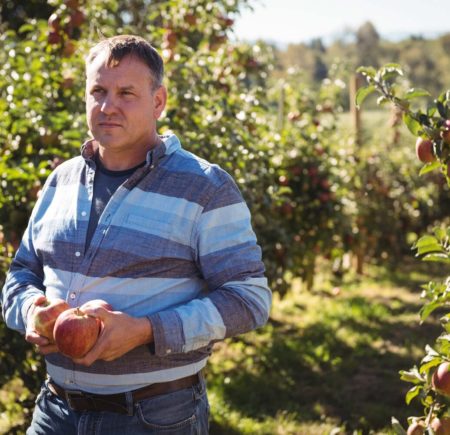

Coronavirus? Swipe Left
Meeting people has never been easier, people are a lot more dispensable with the ‘swipe left, swipe right’. ‘Love’ is quite literally at the tip of our fingers; whether it is a long-term partner, something short-term or just meeting someone new, we all have access to an unlimited amount of people who we can connect with. With this in mind, it may not be so surprising that 80% of people know someone who found love online.
None of us had any idea what this year would hold but we couldn’t have anticipated the arrival or impact of Coronavirus, let alone how the effects of the pandemic would also make us realise how important human interactions are. Dates were cancelled and love stories were put on hold. When the pandemic hit and nationwide quarantine was introduced, it is perhaps unsurprising that dating wasn’t at the forefront of most people’s minds – we were maybe too preoccupied with getting as much toilet roll as we could.
Slowly but surely, we saw an emergence of dating apps adapting to our new reality and we all soon realised that quarantine did not necessarily mean that dating had to stop too. Apps began to introduce new features to compensate for the lack of face-to-face interaction that usually accompanies dating. Dating has certainly evolved over the years, from what it was to our parents to what it is now and we have advancements in technology to thank for a big part of that.
Bumble was one of the first to integrate video calling, allowing for the opportunity to have a deeper interaction without meeting in person. It already had other features similar to video calling, including the option to upload a video onto your profile or sharing a voice note. These features made dating more Coronavirus-friendly and they have also gone one step further by offering a virtual dating badge for your profile which shows other users that you would be up for meeting each other face-to-face.
Hinge’s algorithm is accommodating to your preferences and remembers what type of people you tend to match with, which his supposed to determine who you are likely to see more of in the future. Essentially, the app learns more information about a user the longer they are active which is pivotal as it means there should be a higher chance of meeting someone and it being successful. The video and voice call feature is certainly beneficial during this pandemic but it could also be saving people from bad first date experiences by giving them more time to decide whether to pursue the connection or not. In the same sense, this also limits the likeliness of being catfished by people who are not the same person as they may portray themselves to be. Features such as this may be a temporary fix for users who have spent months longing for social interaction.
Are we entering an era of smarter dating? Some may find the use of technology in dating a faster and more efficient process, but others may be put off as it is not ‘conventional’. As we have already seen, there will be constant advancements in the way dating apps operate to accommodate user needs. We will have to wait and see which corona-dating techniques stick and which will hopefully become a distant memory like the virus itself.


